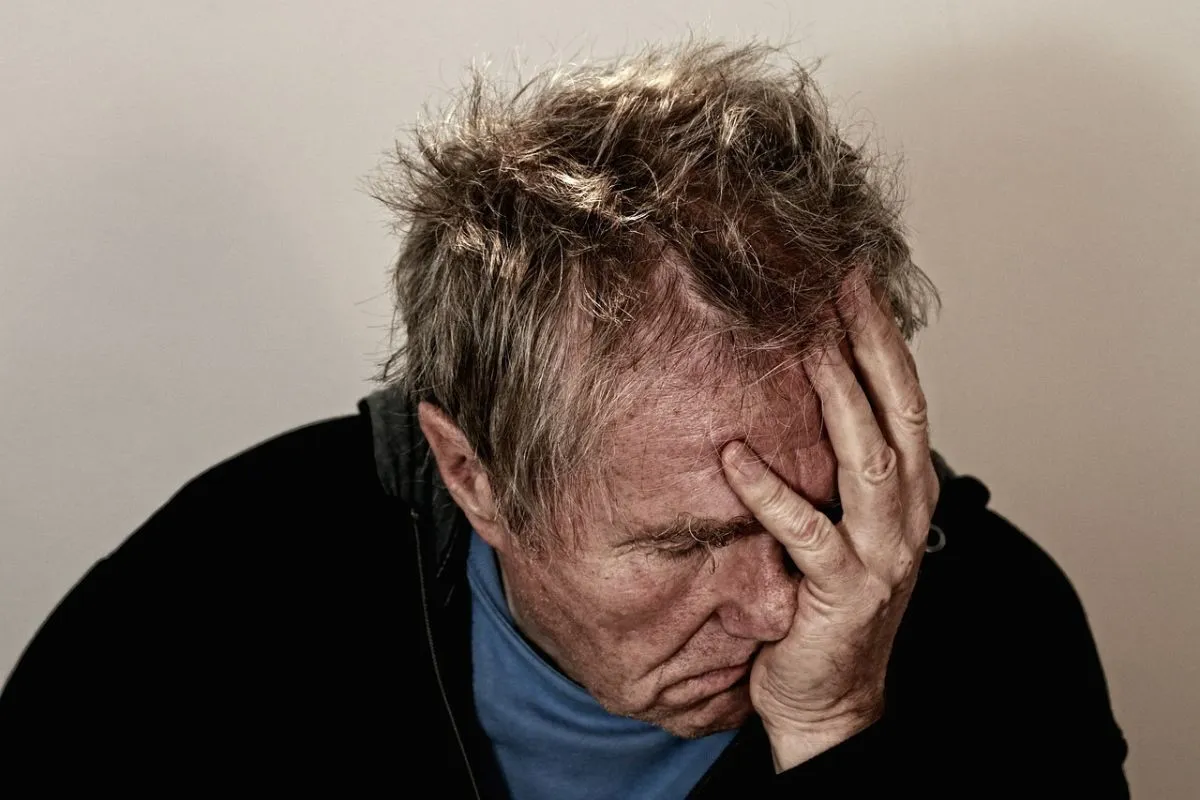
A lot of people don't think about the fact that serious accidents can really damage your emotional health. If you've been in a bad accident, you might have trouble sleeping or start having nightmares and flashbacks about what happened. You might also start feeling more anxious, depressed, or even get PTSD.
A serious accident can have a similarly devastating emotional toll. Many individuals, however, are unaware that they may claim compensation for their emotional stress. You can seek compensation for pain and suffering, which includes both physical discomfort and mental anguish, as part of a personal injury claim.
After a serious auto accident, we can help you seek full compensation for your injuries and expenses by applying the law in your favor. We understand the difficulties that emotional strain may cause. We want to assist you in moving on with your life. For more information, please contact us now for a free initial consultation. Rue & Ziffra is a Florida personal injury firm with over 40 years of combined expertise assisting Florida accident victims in obtaining complete compensation for their injuries and losses after significant accidents. We understand how emotional distress might affect you. We want to help you get back on track with your life. For additional information, call us today for a free consultation.)
A traumatic injury can result in emotional suffering, which might be caused by carelessness or deliberate intent depending on the details of a personal injury lawsuit.
If you were injured due to a driver's negligence, any emotional pain you experience would be from the crash and your injuries. However, if someone physically assaulted you and caused intentional harm, emotional distress is also considered intentional. Most individuals who suffer serious injuries experience some degree of emotional trauma. The pain might be overwhelming and have a negative influence on your capacity to function in many ways.
In a personal injury lawsuit, you can sue for emotional stress. The value of the claim is determined by the extent to which emotional distress has harmed your life and the specifics of the accident.
Many accident victims experience emotional distress, which can include any of the following symptoms:
When you're attempting to obtain compensation for emotional suffering through a personal injury claim, proving emotional distress might be tough. You'll need to offer proof of symptoms of emotional distress, such as a depression diagnosis, anxiety, sleeplessness, and loss of companionship. Our attorneys will strive to show how the symptoms have affected your life in order to demonstrate that your claims are valid.
Here are a few options for demonstrating that you have been emotionally harmed as a result of an accident:
If you wish to be compensated for the emotional turmoil caused by your injury, you can do so as part of a Florida personal injury case. However, state laws make it quite difficult to provide evidence that proves your claim. To increase the chance of success, ensure that you have enough strong evidence to support the gravity of your losses.
If you've been hurt in an accident, you'll need the help of a seasoned personal injury lawyer who can gather evidence to build a strong case for compensation for all of your injuries, including emotional distress.
If you're looking for an attorney in Florida to help you with your personal injury case, look no further than Rue & Ziffra. With years of experience under our belt, we will work tirelessly to make sure you are compensated for your emotional distress and other losses suffered from the accident. Contact us today to learn more about what we can do for you.